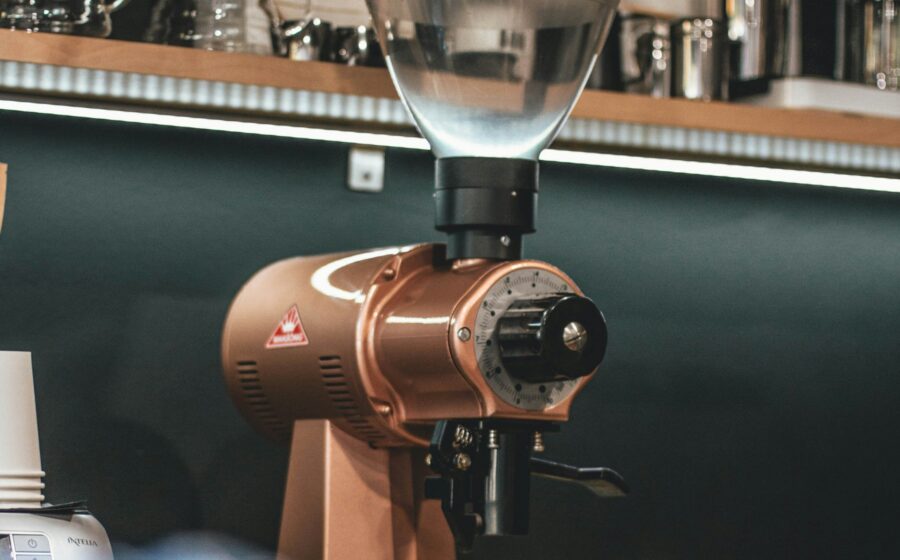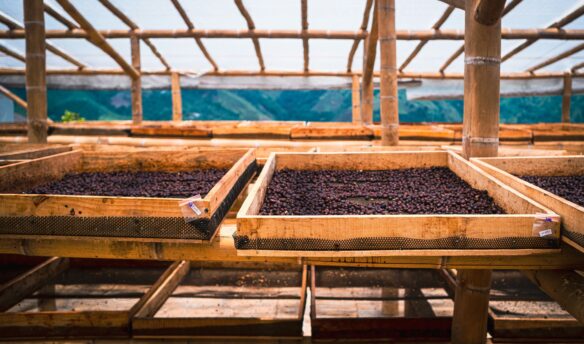✉️ This story was featured in this week’s Coffee News Club
👋 Get the Coffee News Club newsletter in your inbox weekly—sign up.
If you work in coffee or even have a coffee grinder at home, you’ve undoubtedly had this experience: you pour your beans into the grinder, hit go, and moments later, hear the screeching sound of a stone getting stuck in (and possibly ruining) the burrs.
Stones are an unfortunate reality of coffee, often hiding amongst even the most meticulously sorted beans. Stones that make it through the sorting process are hopefully sifted out by a destoning machine or picked out by an eagle-eyed roaster; if not, they can get caught in a grinder. They can be very damaging to grinders: a stone can chip or break the burrs, which are expensive to fix and disruptive to operations.
To help cafes and small roasters avoid this, scientists from the Singapore University of Technology and Design have developed a way to detect stones during grinding using acoustic sound waves.
For the study, published in Applied Sciences, the researchers placed a microphone within a grinder to capture sounds as beans (and stones) were ground. They then used an algorithm called empirical mode decomposition (EMD) and a specialized processor to break the signals down and pinpoint the stones in real time.
“We chose EMD because it adapts seamlessly to the grinder’s changing acoustic environment,” said study co-author Dr. Teo Tee Hui. “Stones produce transient, distinctive acoustic patterns that EMD easily recognises, even amidst background noise.”
Researchers are working on a solution to detect smaller stone fragments due to their quieter acoustics being masked by beans’ sounds. Teo said their approach is relatively cheap and easy to integrate in commercial settings without major modifications to existing machinery.
“Ultimately, our goal is straightforward. We want to prevent stones from ever damaging a coffee grinder again,” Teo said. “By developing a reliable detection method that enhances the efficiency and longevity of coffee grinders, we could benefit café operations and the coffee industry as a whole.”
Read the full story from Communicaffe here.
















